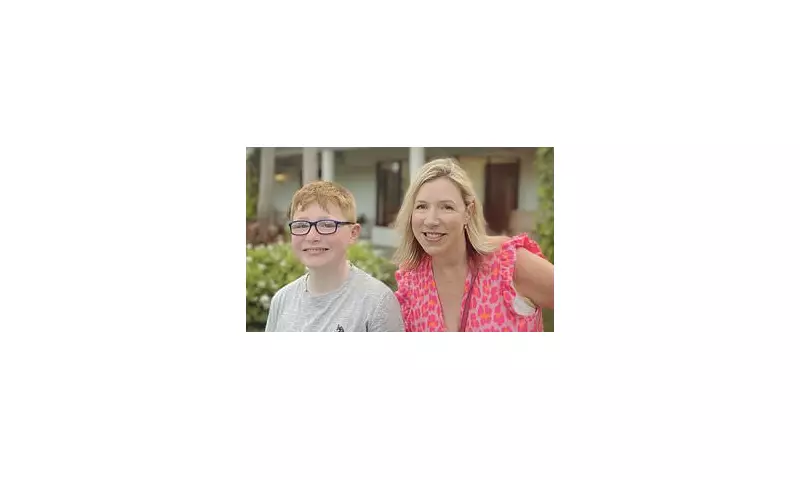
In an emotionally raw and deeply personal revelation, violinist and author Izzy Judd has shared her family's challenging journey with their daughter Lola's rare autism diagnosis. The 39-year-old musician, married to McFly drummer Harry Judd, opened up about discovering their four-year-old has Pathological Demand Avoidance (PDA), a complex profile on the autism spectrum.
The moment of diagnosis came as both a shock and a relief for the Judd family. "It was like putting on a pair of glasses and suddenly everything becoming clear," Izzy explained, describing how understanding Lola's condition has transformed their family dynamics.
What is Pathological Demand Avoidance?
PDA is characterised by an overwhelming need to avoid everyday demands and expectations. Unlike typical autism presentations, children with PDA often display:
- Social manipulation and strategic avoidance tactics
- Surface-level sociability while struggling with deeper connection
- Mood swings and impulsivity
- Comfort in role play and fantasy worlds
- Intense anxiety around expectations
Izzy described how Lola would employ increasingly sophisticated strategies to avoid simple requests, creating significant challenges in their daily routine.
The Family's Emotional Journey
The road to diagnosis began when Izzy noticed Lola struggling with nursery transitions and displaying extreme anxiety about seemingly minor changes. "She'd use distraction techniques, negotiation, even making herself sick to avoid demands," Izzy revealed.
The Judd family, including Lola's older brother Kit, has had to completely rethink their approach to parenting. "We've learned to offer choices rather than demands and to understand that her behaviour comes from anxiety, not defiance," Izzy explained.
Breaking the Stigma
By sharing their story, Izzy hopes to raise awareness about PDA and support other families navigating similar challenges. "Understanding PDA has been life-changing for us. I want other parents to know they're not alone and that there's support available."
The musician-turned-author emphasised the importance of early diagnosis and appropriate support systems for children with PDA profiles. Her openness provides a beacon of hope for countless families facing similar struggles across the UK.





